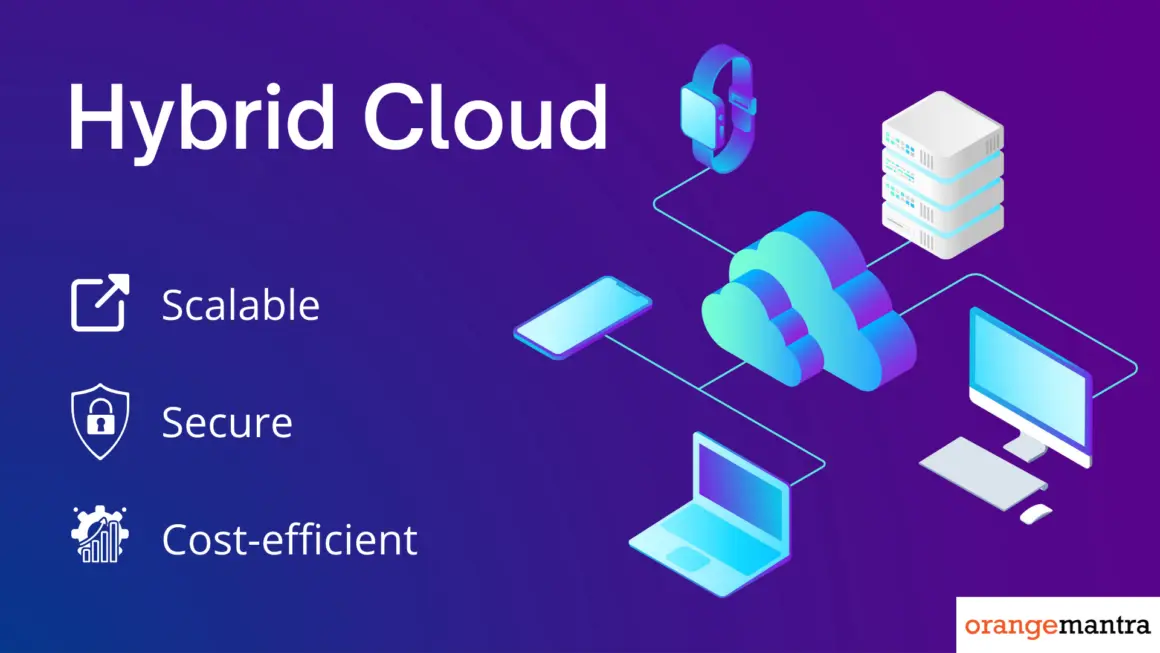S
- Sandbox Environments
- Secure Coding Practices
- Security Automation
- Security Awareness Training
- Security Champions
- Security Information and Event Management (SIEM)
- Security Orchestration
- Security Posture
- Shift-Left Security
- Smart City
- Smart Home
- Smart Manufacturing
- Smart Meters
- Smart Products
- Smart Spaces
- Software as a Service (SaaS)
- Software Composition Analysis (SCA)
- Software Defined Networking (SDN)
- Software Development Life Cycle (SDLC)
- Static Application Security Testing (SAST)
- Structured Data
Hybrid Cloud
Simple Definition for Beginners:
A hybrid cloud is a combination of public and private cloud services, allowing organizations to store and manage data across both environments.
Common Use Example:
A company uses a hybrid cloud model to store sensitive customer data in a private cloud for security reasons, while using public cloud services for less sensitive operations like email hosting and collaboration tools.
Technical Definition for Professionals:
A hybrid cloud architecture integrates private cloud infrastructure (on-premises or hosted) with public cloud services from providers like AWS, Azure, or Google Cloud. It allows organizations to leverage the scalability and flexibility of public cloud resources while maintaining control over sensitive data and critical applications in a private cloud environment. Hybrid cloud solutions enable seamless data sharing, workload portability, and dynamic resource allocation between private and public clouds, optimizing performance, cost-efficiency, and security based on workload requirements.
Hybrid Cloud

